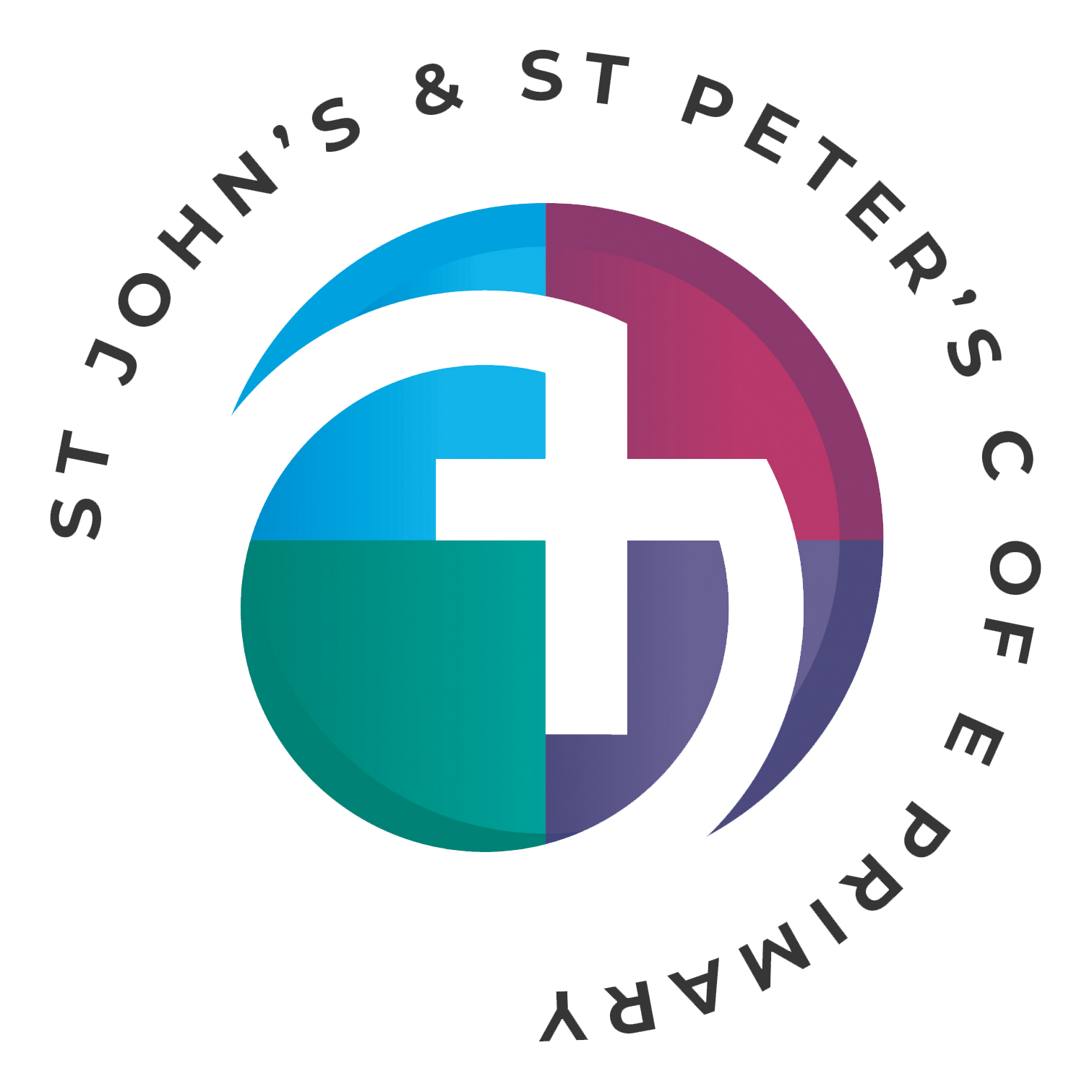Early Years Foundation Stage
VISION
In the Early Years at St John’s and St Peter’s, we are passionate about children being happy, confident, well-rounded individuals with a love for learning. We believe that the Early Years Foundation Stage is crucial in securing solid foundations that children continue to build upon throughout their school life. It is our aim that the children who enter our EYFS develop physically, verbally, cognitively and emotionally whilst embedding a positive attitude to school and vision a love of learning. We do this by ensuring that all children feel safe and happy at school in an engaging and stimulating environment both indoors and outdoors that’s builds on each individual child’s needs and interests. We believe that all children deserve to be valued as an individual and we are passionate in allowing all children to achieve their full, unique potential.
Intent
Implementation
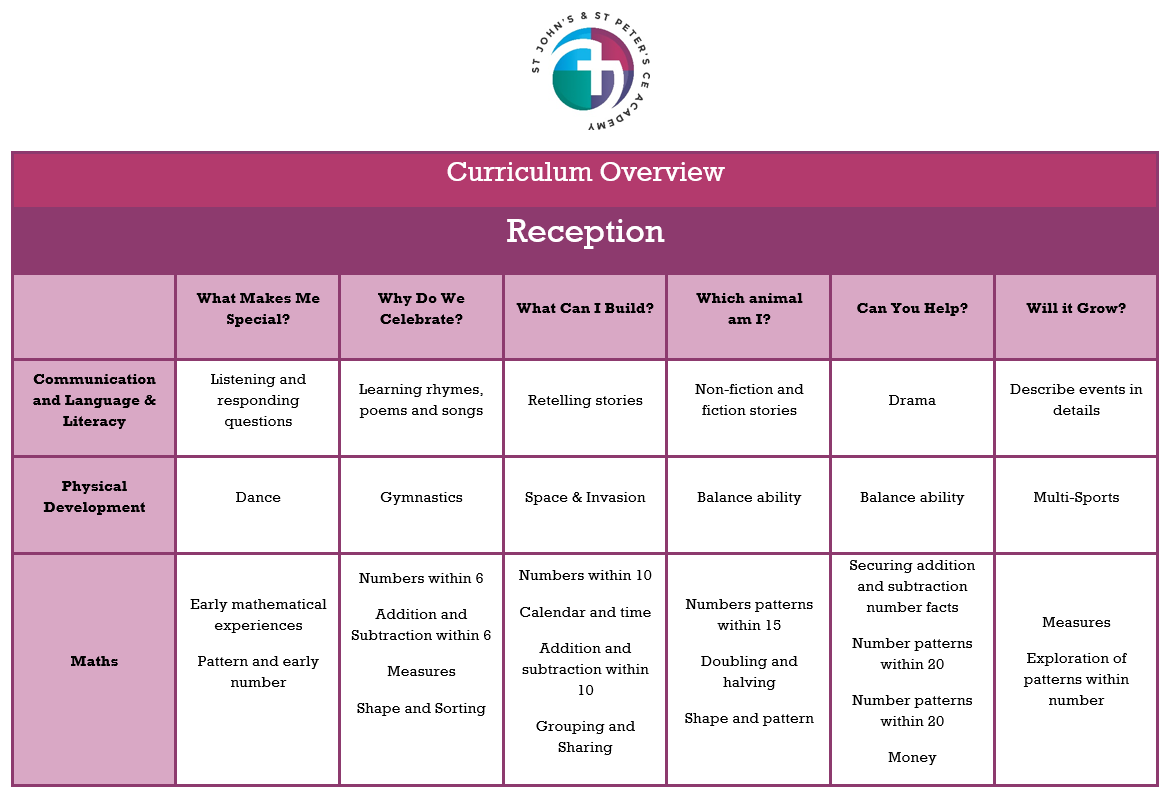
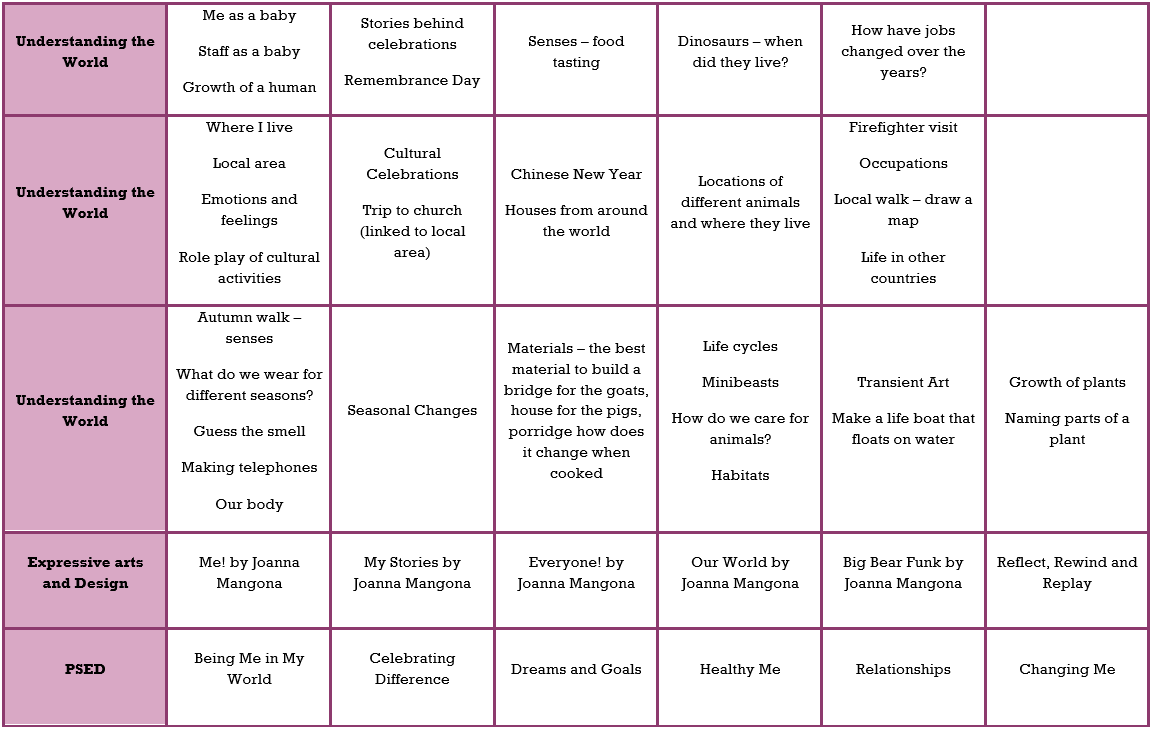
Literacy
Reading is at the heart of our curriculum and our aim is to encourage a love of reading right from the start. Through using the Talk for Writing approach, children begin to internalise new vocabulary, language patterns and begin to retell stories. There is cohesion and consistency with our approach to align with the whole school English curriculum that is followed from Years 1-6.
Phonics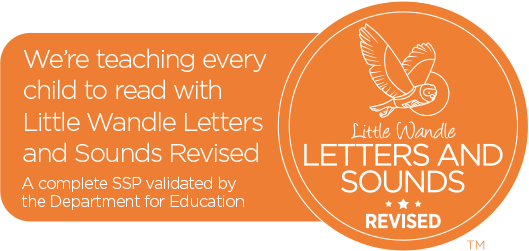
We follow the Little Wandle programme to ensure consistency across the school.
In Reception, children are introduced to phonemes and graphemes in the order which can be seen below:



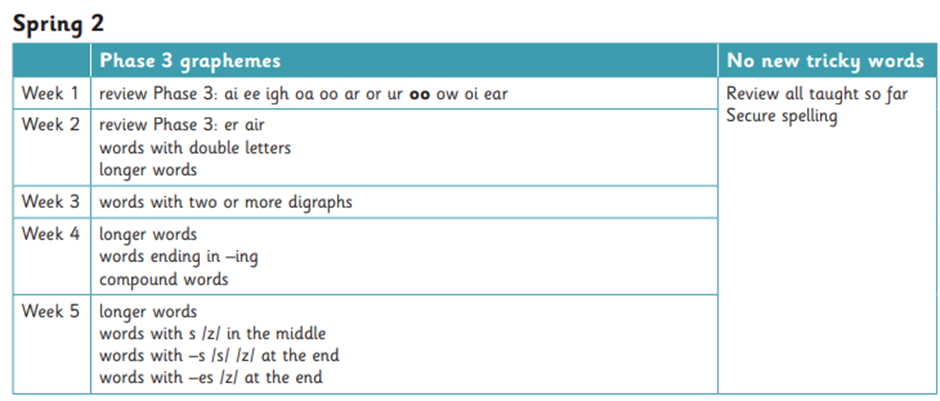


Reading Practice
Each child has three reading practice sessions per week as group that have been designed to focus on three key reading skills:
• decoding
• prosody – reading with meaning, stress and intonation
• comprehension – understanding the text.
Mathematics
In Reception, we follow the White Rose Maths Schemes of work.
High quality learning environments and meaningful interactions with adults support children in developing mathematical thinking and discussion. Pupils learn through games and tasks using concrete manipulatives and pictorial structures and representations which are then rehearsed applied and recorded within their own child-led exploration.
Wider Curriculum
Our wider curriculum is taught through the learning areas; ‘Understanding of the World’ and ‘Expressive Arts and Design.’ Early Years practitioners have a good understanding of how these areas feed into the National Curriculum through our robust planning and development opportunities.
Exciting, purposeful and contextual activities are planned to build on children’s natural curiosity.
Acknowledging the importance of vocabulary, children will be encouraged to use subject specific language and terminology relating to theme. This vocabulary will be modelled, by supporting practitioners.
Each area within the classroom also has vocabulary displayed related to the areas of learning, Practitioners are highly skilled in modelling this language to children so that in turn, they then use this in their own play.
Please find examples of tiered vocabulary via this link.
Impact
Baseline
Prior to children starting school, practitioners spend time engaging with the child’s parents and previous settings to gain an understanding of the whole child. During the first half term in Nursery or Reception, all practitioners use ongoing assessments, observations and conversations with the child to develop a baseline assessment. This identifies each individual starting point so that experiences can be planned that ensure success for all.
The following baseline assessments are also carried out.
The RBA (Statutory Reception Baseline Assessment)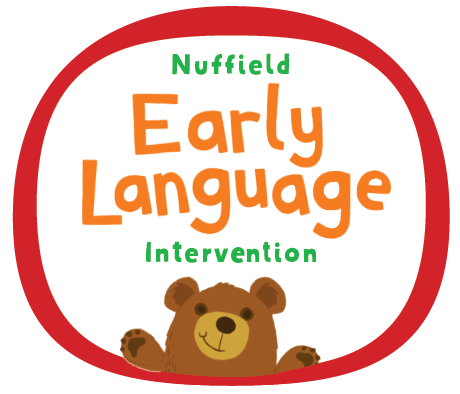
This assessment focuses on ‘Language, Communication and Literacy,’ and ‘Mathematics.’ The purpose of this is to show the progress children make from Reception until the end of KS2.
NELI (Nuffield Early Language Intervention)
NELI is an evidence-based oral language intervention for children who show weakness in their oral language skills and who are therefore at risk of experiencing difficulty with reading. The assessment informs us if the child is at expected for their age or requires intervention from trained NELI practitioners.
Ongoing Observation
All ongoing observations are used to inform weekly planning and identify children’s next steps. Practitioners draw on their knowledge of the child and their own expert professional judgements through discussions with other practitioners, photographs and physical examples of children’s learning.
Assessment
Phonics assessments are carried out using Phonics Tracker every six weeks to quickly identify pupils that are not making expected progress.
Assessments in all areas of learning are completed three times per year to monitor the progress children have made. Towards the end of the Summer term, the Early Years Foundation Stage Profile is completed where the class teacher judges whether the child has met each of the Early Learning Goals. They will be assessed as either ‘emerging’ or ‘expected.’ Impact is also evident through our successful transitions into Year 1.
Early Years practitioners have a good understanding of how each of the Early Learning Goals links to the National Curriculum, and through our robust planning and delivery across the spectrum of subjects – both core and foundation - children leave our Early Years Foundation Stage with the skills, knowledge and confidence to continue their journey as scientists, historians, artists and geographers!

